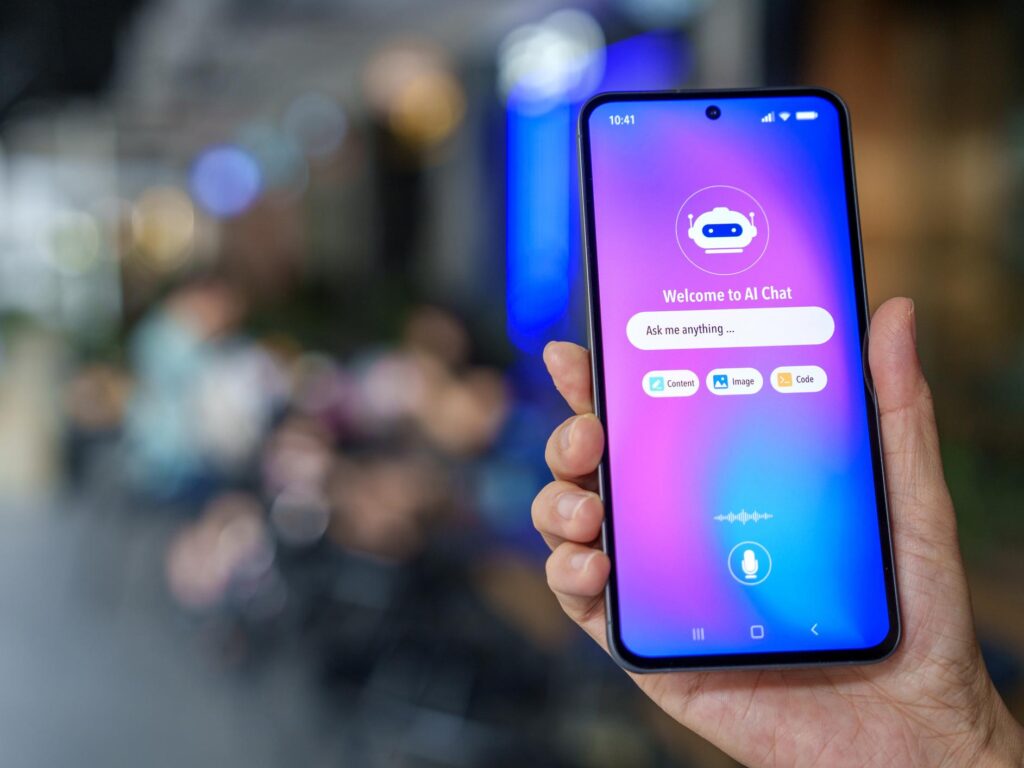
The more interactive a mobile app or artificial intelligence (AI) chatbot is, the more playful they are perceived to be. This perception leads users to lower their guard and potentially risk their privacy, according to a recent study led by researchers at Penn State. The study highlights the delicate balance between user engagement and privacy concerns in the digital age.
The research team analyzed how the interactivity of mobile apps affects users’ vigilance towards privacy risks during the sign-up process. The findings suggest that increased interactivity fosters a sense of playfulness, which in turn reduces privacy concerns. These insights, published in the journal Behaviour & Information Technology, underscore the implications for user privacy as mobile apps and AI chatbots become more engaging and ubiquitous.
Understanding the Impact of Interactivity
The study, spearheaded by S. Shyam Sundar, Evan Pugh University Professor and the James P. Jimirro Professor of Media Effects at Penn State, delves into the psychological effects of app interactivity. “I think, in general, there’s been an increase in the extent to which apps and AI tools pry into user data – ostensibly to better serve users and to personalize information for them,” Sundar stated.
He added, “In this study, we found that interactivity does not make users pause and think, as we would expect, but rather makes them feel more immersed in the playful aspect of the app and be less concerned about privacy. Companies could exploit this vulnerability to extract private information without users being totally aware of it.”
The Experiment and Its Findings
To explore these dynamics, the researchers conducted an online experiment involving 216 participants. Each participant went through the sign-up process for a simulated fitness app, experiencing different levels of interactivity. The study examined two types of interactivity: “message interactivity,” which ranged from simple Q&A to complex, interconnected chats, and “modality interactivity,” which included options like clicking and zooming in on images.
Participants were then asked to rate their experience regarding perceived playfulness and privacy concerns using seven-point scales. Statements such as “I felt using the app is fun” and “I would be concerned that the information I submitted to the app could be misused” were used to gauge their responses. The analysis revealed that higher interactivity levels led to increased perceptions of playfulness and decreased privacy concerns.
Broader Implications for Privacy
This development follows a growing trend where digital platforms leverage interactivity to enhance user engagement. However, as Sundar points out, this strategy may inadvertently compromise user privacy. The findings suggest that while interactive features can make apps more enjoyable, they may also lead users to unwittingly share more personal information.
According to the study, companies might exploit this tendency, designing apps that prioritize engagement over privacy safeguards. This raises important questions about the ethical responsibilities of app developers and the need for stronger privacy protections in digital environments.
“Increased interactivity fosters a sense of playfulness, which in turn reduces privacy concerns.”
Looking Forward: Balancing Engagement and Privacy
As the digital landscape evolves, the challenge lies in balancing user engagement with robust privacy measures. Experts suggest that transparency and user education are crucial in achieving this balance. Users should be informed about how their data is collected and used, allowing them to make informed decisions about their digital interactions.
Meanwhile, regulatory bodies may need to step in to ensure that privacy standards keep pace with technological advancements. The study’s findings could serve as a catalyst for discussions on policy reforms aimed at protecting user data in increasingly interactive digital spaces.
In conclusion, while interactive AI apps offer enhanced user experiences, they also present new challenges for privacy. As technology continues to advance, it is imperative for both developers and users to remain vigilant and prioritize data protection.






